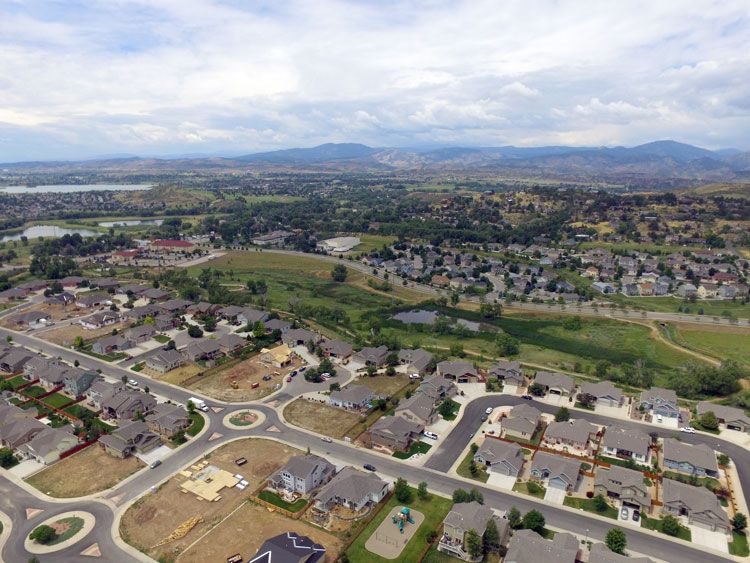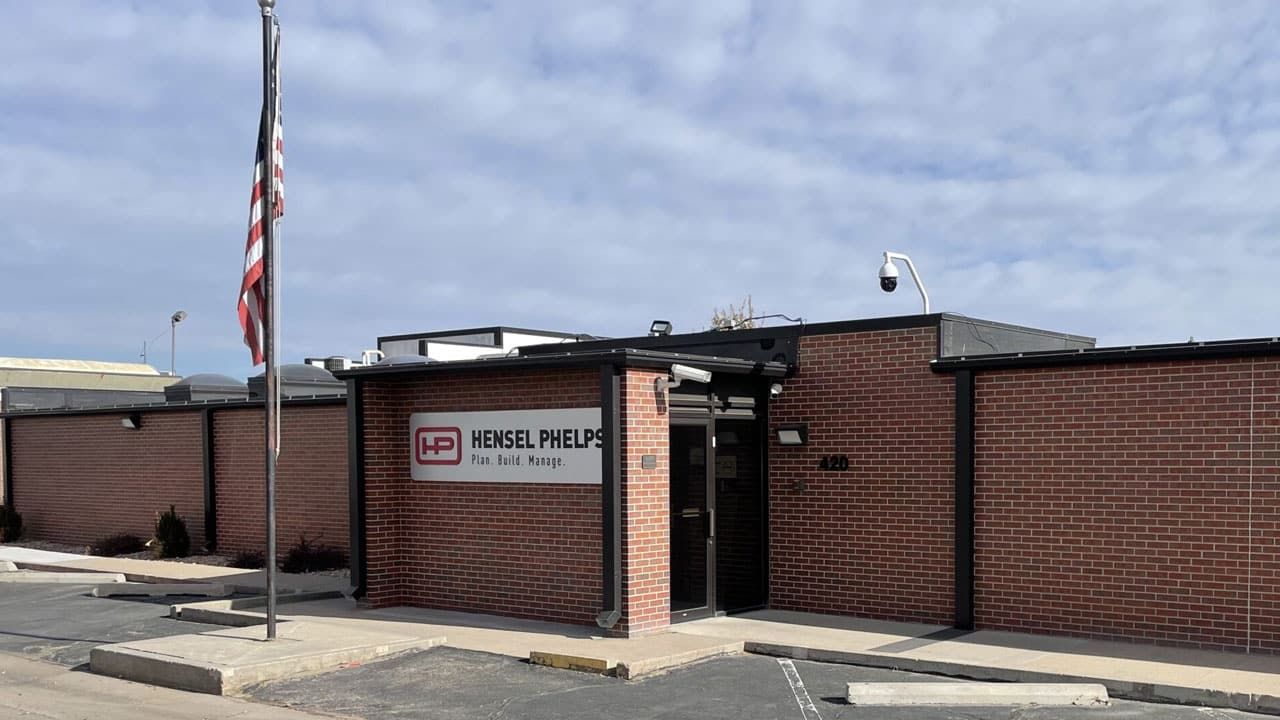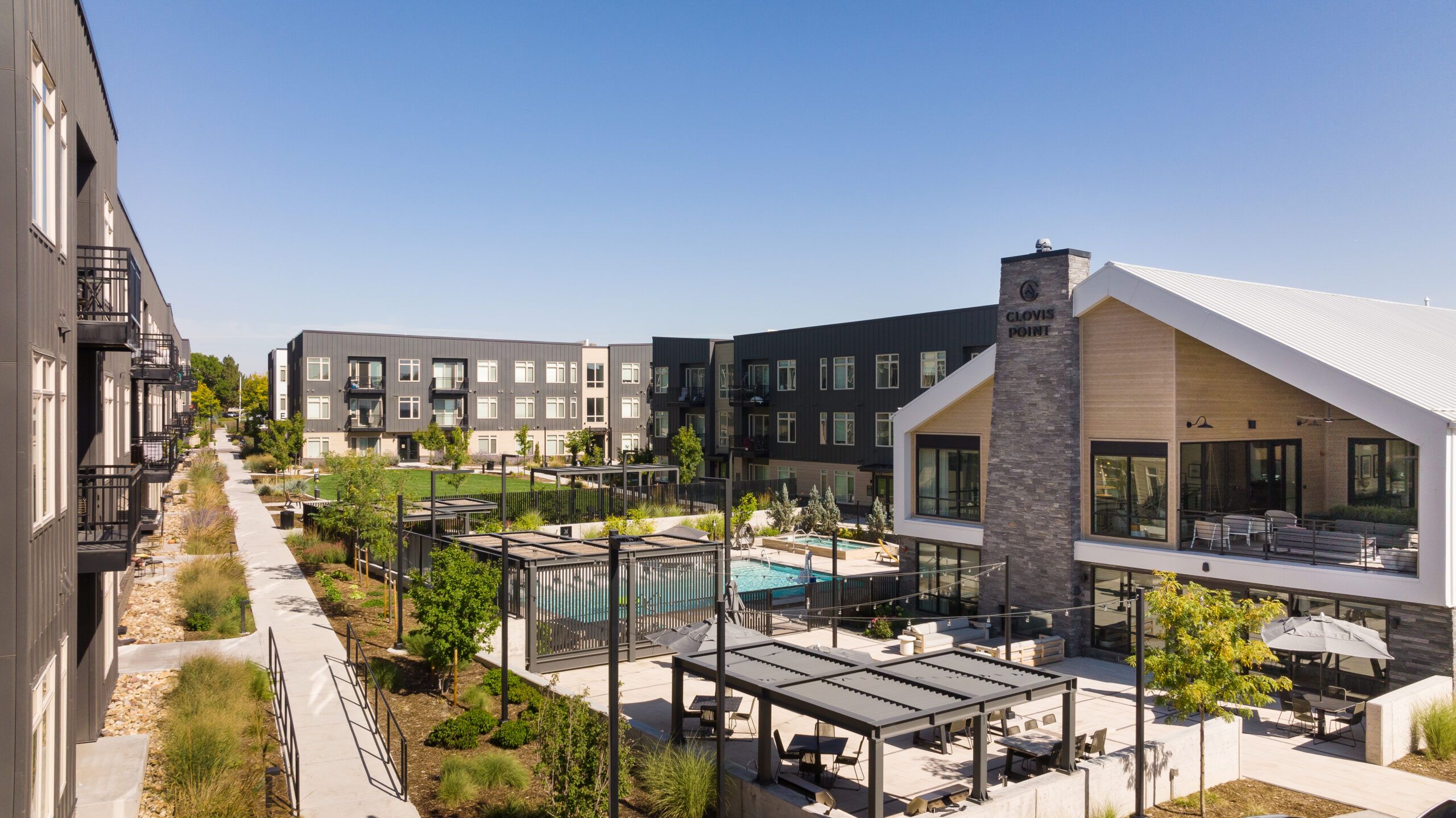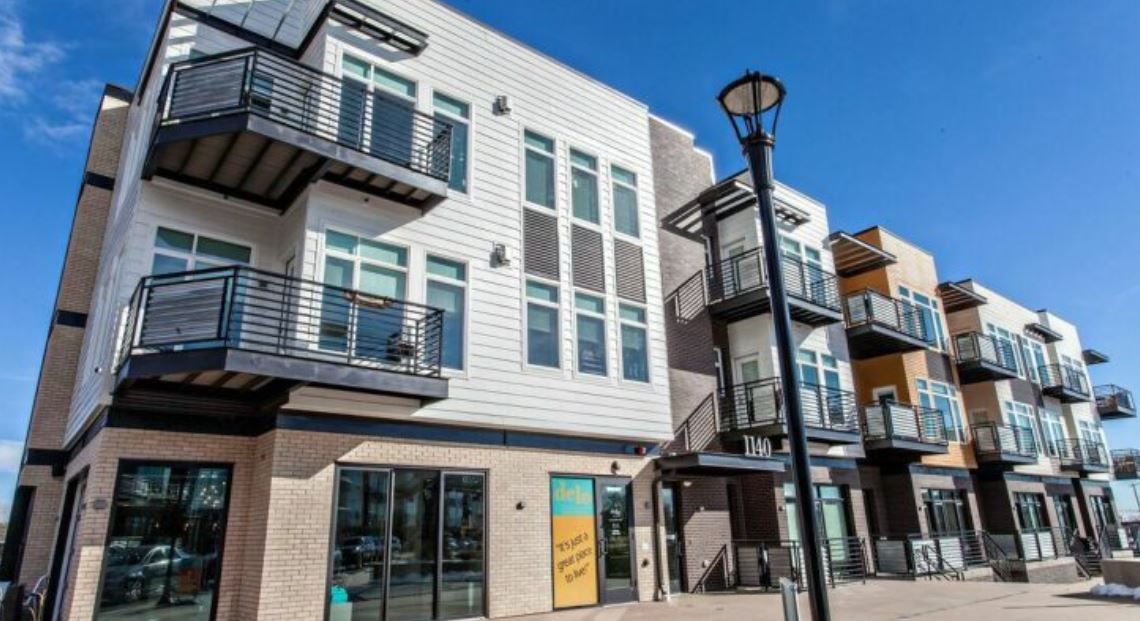Realtors optimistic as house showings resume

As in-person house showings begin to resume in Colorado, real estate professionals are optimistic that the restart will revitalize the residential market, and early but incomplete data indicate that the brief lull caused by the COVID-19 pandemic had a significant effect on real estate in Northern Colorado.

“I get a general sense that the agents we have, have been sitting on buyers and sellers who are waiting this out,” said Todd Gullette, managing broker at RE/MAX of Boulder. “The general feeling is that there will be quite a bit of activity with just the ability to show.”
On April 27, the Colorado Department of Public Health and Environment issued a public health order allowing in-person real estate showings after they had been banned April 9. Although the directive lasted only a few weeks, Information and Real Estate Services data show the impact was profound.
In Boulder, Gullette said, closings declined from 170 during the first 20 days of March to 140 during the first 20 days of April, or a nearly 18 percent reduction, and the number of homes under contract for the same time period dropped by more than 27 percent.
“That’s extremely drastic,” Gullette said. “We will definitely feel that.”
Gullette said, when all is said and done, he’s projecting that April numbers will be just 25 percent to 30 percent of normal. And the effects of the pandemic aren’t limited to Boulder.

Chalice Springfield, managing broker of Sears Real Estate in Greeley, said that closings have decreased by 35 percent from the first 20 days of March to the first 20 days of April — a number that she said was lower than expected and indicative of the demand in the market during January and February. The number of Greeley homes under contract decreased by more than 56 percent, Springfield said, from 122 to 69.
Other aspects of the pandemic’s impact on residential real estate in Northern Colorado are still unknown. For example, median prices have not yet declined compared to previous years because, Gullette said, many of the closings that happened in April and March were put under contract in February and January.
Continued economic uncertainty also extends to residential real estate. One of the biggest unknowns is how more job loss and ongoing shutdowns of non-critical businesses will impact Americans’ abilities to pay their mortgages.
“We just don’t know yet for sure how many people and sectors will be heavily impacted,” said Barbara Koelzer, regional government affairs director for IRES. “So far, it is very sobering. It will take a while before economists really have the data to figure out the impact of this pandemic.”
Stimulus and aid packages may be only a temporary salve for homeowners struggling to pay their mortgages, Koelzer said, that don’t tide them over until the pandemic ends. And many Americans are relying on those initiatives. A study by the financial services group Black Knight Inc. found that 3.4 million American homeowners — equivalent to 6.4 percent of all mortgages — have entered into COVID-19-related forbearance plans.
It’s also too soon to tell how the impacts of the pandemic in other sectors will trickle down into the residential real estate market in Northern Colorado. Oil companies, for example, were already preparing for a tough 2020 with low barrel prices, lower demand, and declining stock prices even before the pandemic began. Once the coronavirus spread throughout the Front Range, numerous oil companies started furloughing and buying out workers.
“We anticipate that with overall unemployment, not just in the oil and gas industry, that people may need to sell their properties,” Springfield said.
For those sellers, as well as buyers and real estate agents, the public health order allowing in-person showings is a massive boon. Between April 9 and April 27, when those were not allowed, people could tour houses only through photographs, Zoom, or FaceTime. The hope is that resumed showings will reinvigorate the market after a difficult month.
House tours are following strict social distancing guidelines. Colorado is allowing single-party showings only by appointment, so no open houses, no drop-ins, and multiple potential buyers can’t see the house at the same time. Springfield said that she and her agents are also inquiring about peoples’ health prior to showings and not staging them if someone experienced flu-like symptoms or was exposed to a person who did.
The public health order also stipulates that all parties involved in a showing wear masks and gloves, and that homeowners leave all interior doors open and lights on so that no one has to touch a handle or switch. The only contact with the home, Gullette said, should be the agent touching the lockbox to open the front door.
___________________________________________
See related column from BizWest’s May 2020 edition.
As in-person house showings begin to resume in Colorado, real estate professionals are optimistic that the restart will revitalize the residential market, and early but incomplete data indicate that the brief lull caused by the COVID-19 pandemic had a significant effect on real estate in Northern Colorado.

“I get a general sense that the agents we have, have been sitting on buyers and sellers who are waiting this out,” said Todd Gullette, managing broker at RE/MAX of Boulder. “The general feeling is that there…
THIS ARTICLE IS FOR SUBSCRIBERS ONLY
Continue reading for less than $3 per week!
Get a month of award-winning local business news, trends and insights
Access award-winning content today!





